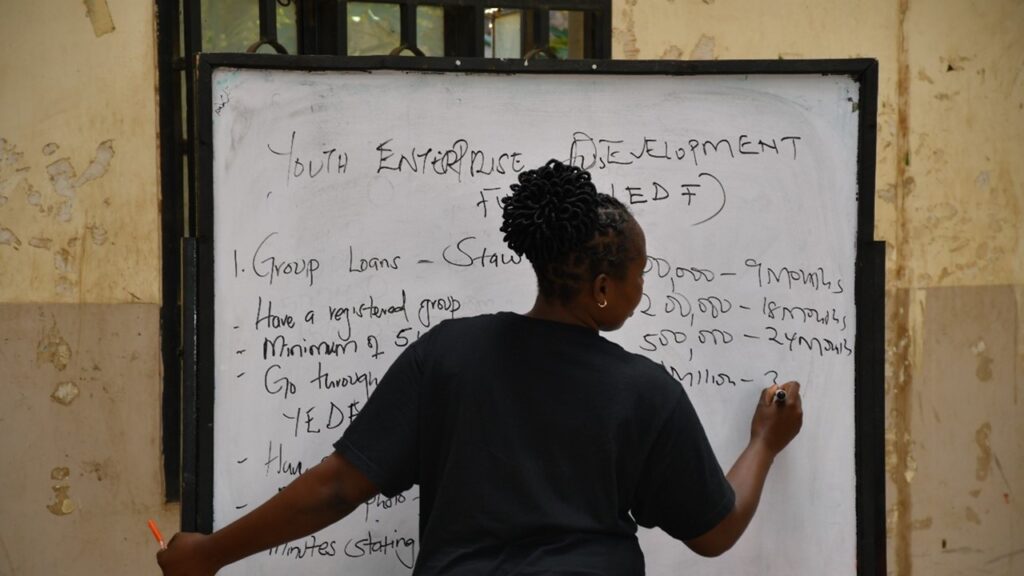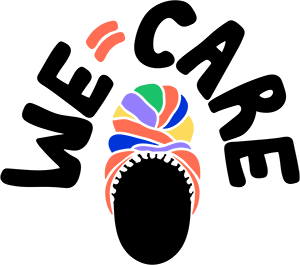Caregivers unlock economic opportunities through government funds in Kenya
A young caregiver’s candid remark – “I thought those funds were for people with connections” – underscored a pervasive belief among women whose daily unpaid care responsibilities often render them economically invisible. To dismantle this barrier, Youth Alive! Kenya recently convened a crucial training session in collaboration with the Women Enterprise Fund (WEF) and the Youth Enterprise Development Fund (YEDF). This initiative, targeting women and youth in care roles, aimed to equip them with the knowledge and tools necessary to access government-backed loans and business support, forming a vital part of a broader push to recognize and reward unpaid care and domestic work (UCDW).
Participants were introduced to the 5Rs framework (i.e., recognize, reduce, redistribute, reward, and represent) as a means to understand how care work significantly limits women’s access to paid opportunities and leadership roles. Officials from both WEF and YEDF provided simplified, practical steps for group registration, loan application processes, and participation in entrepreneurship training programs.
Accessible, low-interest financial products such as the Tuinuke Loan from WEF and agribusiness and youth start-up loans from YEDF were presented as viable alternatives to traditional credit. These options are specifically designed to overcome common barriers like the lack of collateral and prohibitively high interest rates that frequently exclude caregivers, especially those already stretched for time and resources.

At its core, the session fundamentally reframed economic empowerment as a right for caregivers, rather than a privilege. By demonstrating that financial tools are within reach, the training empowered women to take actionable steps toward independence, whether by starting their own businesses, joining cooperatives, or organizing for greater representation. As participants committed to forming registered groups and actively pursuing funding, the training not only successfully closed a critical information gap but also reignited aspirations. For caregivers long confined to unpaid, invisible labor, this was more than just a training session; it represented a tangible step toward dignity, autonomy, and long-overdue economic justice.
